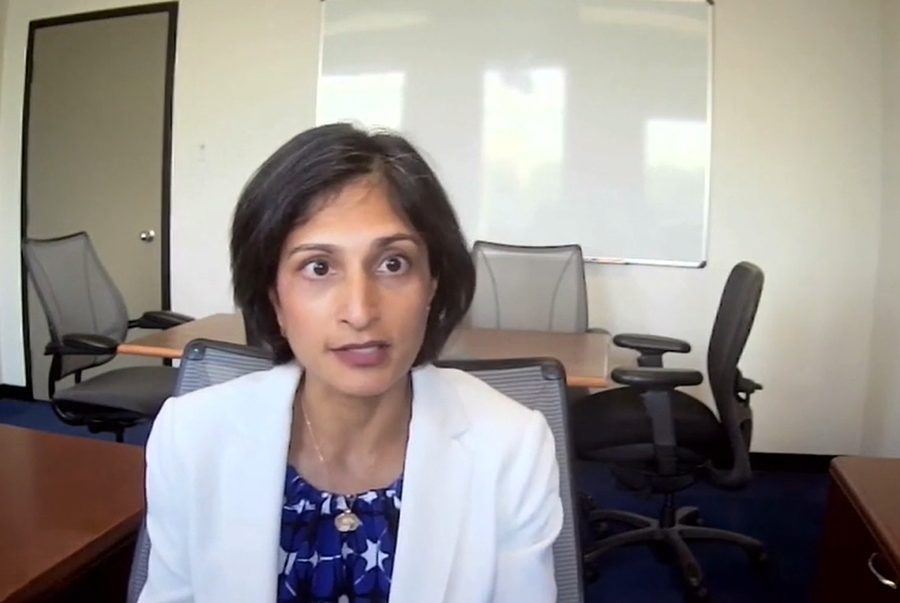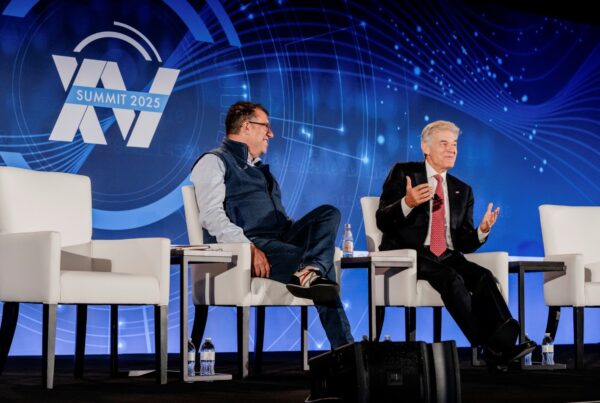Event: Health Evolution Summit 21
Discussion: Post-COVID Policy Outlook
Discussion Leaders:
Liz Fowler, PhD, Director of the Center for Medicare and Medicaid Innovation (CMMI)
Meena Seshamani, MD, PhD, Deputy Administrator and Director of the Center for Medicare
Mandy Cohen, MD, Secretary of the North Carolina Department of Health and Human Services
Moderator: Mark McClellan, MD, PhD, Robert J. Margolis Professor of Business, Medicine, and Policy, and founding Director of the Duke-Margolis Center for Health Policy at Duke University.
Topics/Quotes:
On health care consolidation:
“I think it’s important to keep in mind when we are thinking about coordination of care and better alignment, that doesn’t necessarily mean consolidation. And it is very important that we think about partnerships and being able to communicate and align, but that doesn’t necessarily equal that consolidation.” – Meena Seshamani, MD, PhD
On scale:
“As long as those health systems and large players are going to be held accountable, I think that there is a lot of benefit that can come from some of the scale that we get. And I think that we couldn’t have been successful in our COVID response without that scale. And I think as we go into the future of thinking about what is public health versus population health…I think scale is important.” – Mandy Cohen, MD
On value-based care strategy:
“As part of our strategy refresh, we’re promoting the idea that all patients—starting with Medicare—should be in a relationship with an accountable care entity that’s accountable for quality and total cost of care. This could include an advanced primary care practice, an ACO or a direct contracting entity.” – Liz Fowler, PhD
On equity and value-based care:
“On the health equity front…with the Shared Savings program, we are doing breakdowns of the performance and looking at things like race and ethnicity. We’re breaking down ACO beneficiaries and how does that compare with fee for service assignable beneficiaries versus fee for service beneficiaries who would not have been assigned to an ACO to try to get a sense of where there are opportunities for improvement.” – Seshamani
On status quo bias
“I think the biggest challenge for us was status quo bias. It wasn’t partisan politics. We’re in a very purple state. It was truly just the challenge of change and the pace of change that folks were willing to do. And I would say that while we’re going to talk about big policy agenda items here for us, it’s really important for us to focus on the details of change management and the small policy decisions that get made to facilitate big change and that change management.” – Cohen
Watch the full video clip of highlights from this session above. Read our recap of this session here.











